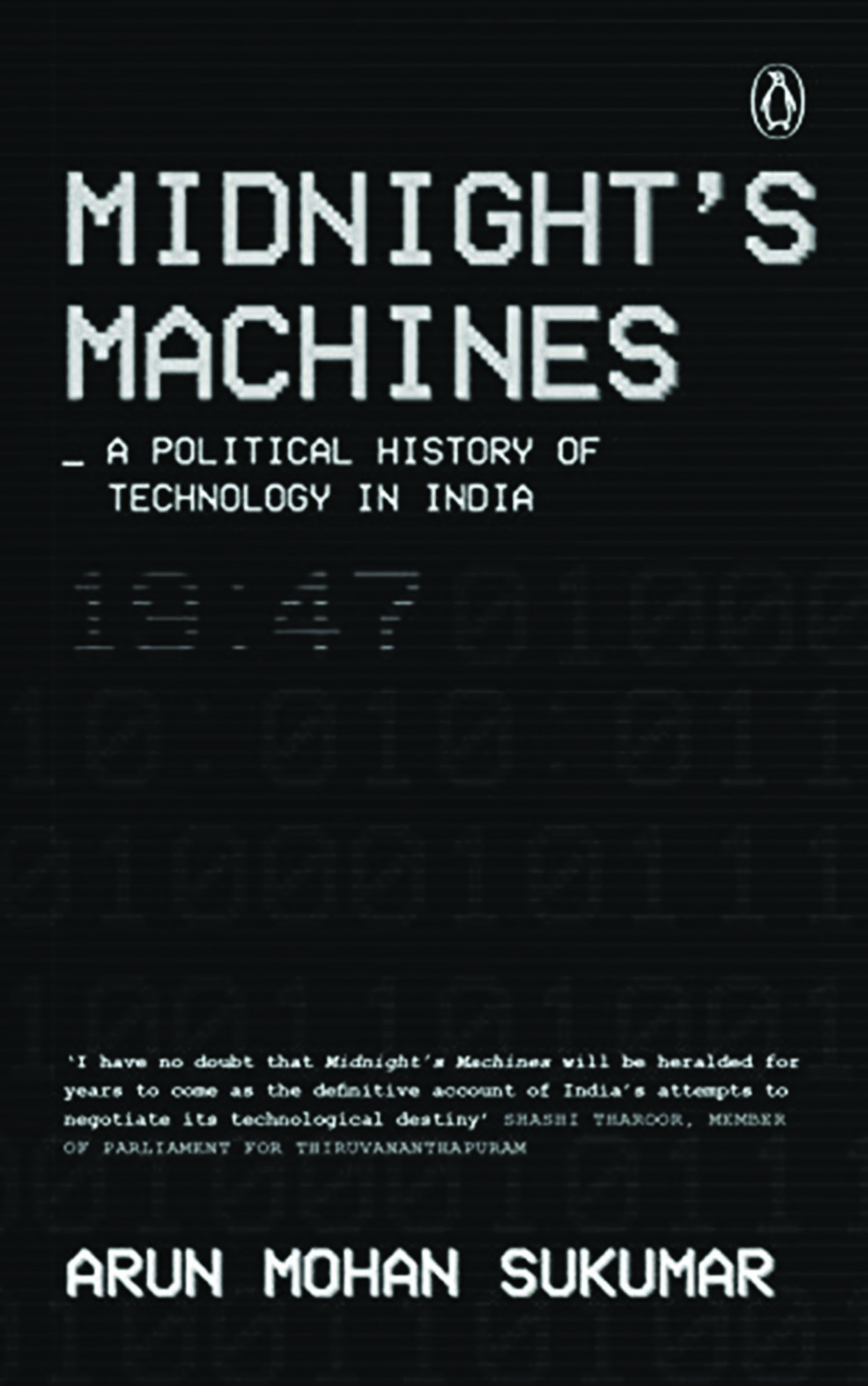This is a remarkable book, a sweeping political history of technology written by a scholar who is also adept at dispensing insights for those working in public policy. In Midnight’s Machines, we have ample evidence that its author Arun Mohan Sukumar has an impressive capacity to read documents and pore over official archives relating to the Indian state’s many experiments in technology adoption. He has managed, in a simple and fairly readable fashion, to tell a story that will be of interest to scholars across disciplines, not in the least those working in political science (that would take a more positive view of such an effort) and science and technology studies (which retains a critical stance towards it). However, beyond its empirical sweep, the book fails to provoke deeper debate about causality and power. In aiming to cover wider ground, the book trades analytical substance for insights. If your purpose is to get a glimpse of the state’s failures to become an engine for technological modernity, especially in the light of the ongoing struggles to implant digital capitalism in the Indian soil, this is the book that you should read. However, if you are seeking to understand interconnected patterns of ideas, interests and social change, out of which public policy inevitably filters, then this book falls far short in framing any substantial questions, let alone answer them.

A Mechanical History of India
Aasim Khan
MIDNIGHT’S MACHINES: A POLITICAL HISTORY OF TECHNOLOGY IN INDIA by Arun Mohan Sukumar Penguin Random House India, 2019, 236 pp., Rs.599
April 2020, volume 44, No 4
